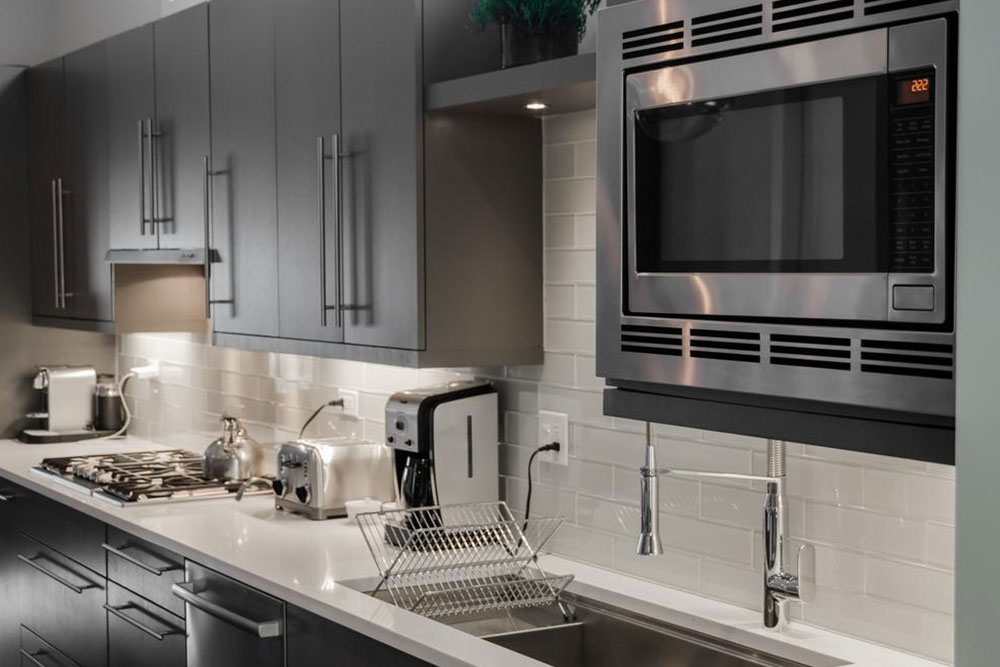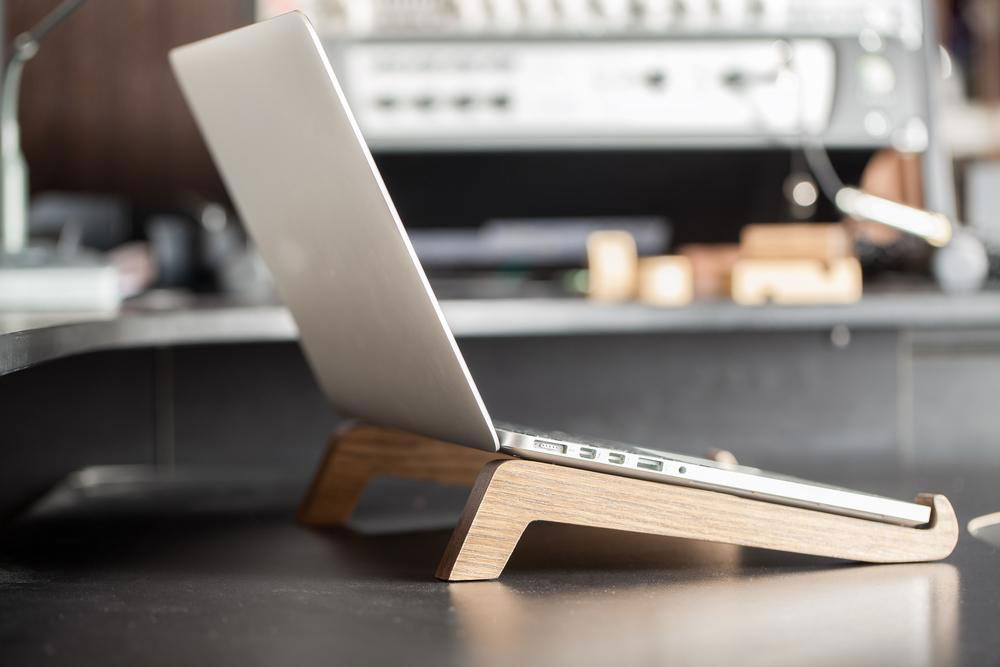Comprehensive Guide to Buying Refurbished Laptops: Tips, Tips, and Expert Advice for Smart Investment
Discover the ultimate guide to purchasing refurbished laptops, including essential tips for assessing quality, warranty options, and saving money. Learn how to select reliable devices that meet your needs and ensure excellent performance. This comprehensive overview helps you make informed decisions and get the best value for your investment in refurbished technology.

Comprehensive Guide to Buying Refurbished Laptops: Tips, Tips, and Expert Advice for Smart Investment
In today’s fast-evolving technology landscape, owning a high-performance laptop doesn't necessarily mean breaking the bank. Refurbished laptops have become an increasingly popular choice among savvy consumers who seek quality devices at significantly reduced prices. Whether you're a student, a professional, or someone looking for a reliable machine without paying full retail prices, refurbished laptops offer an excellent solution. However, purchasing a refurbished device requires careful consideration to ensure you’re making a smart investment. This comprehensive guide will walk you through everything you need to know about buying refurbished laptops, covering essential aspects such as their quality, condition, warranties, and how to avoid common pitfalls.
Refurbished laptops are pre-owned devices that have been restored to a near-new condition through a rigorous refurbishment process. They are often resold by manufacturers, certified refurbishers, or trusted third-party sellers. The main advantage of opting for a refurbished laptop is cost savings—these devices typically come at a fraction of the cost of brand-new models, sometimes offering up to 50% discount. Despite the lower price, many refurbished laptops can deliver performance comparable to new devices, making them an attractive option for budget-conscious buyers.
Understanding Refurbished Laptops
Refurbished laptops fall into various categories based on their condition, history, and the refurbishment process. It’s crucial to understand these categories to make informed purchasing decisions:
Manufacturer Refurbished: Devices returned to the original manufacturer for repairs or upgrades, thoroughly tested, and certified to meet factory standards before resale. These often come with warranties and guarantees of quality.
Third-Party Refurbished: Laptops refurbished by independent refurbishers or resellers. Quality can vary, so buying from reputable sources is advised.
Open-Box or Overstock: Items that were opened for display or returned unused. They may be in excellent condition and available at discounted prices.
Used Devices: Pre-owned laptops that may have been used heavily before refurbishment or resale. These units might have more signs of wear but can still function reliably if properly refurbished.
Key Factors to Consider When Purchasing Refurbished Laptops
To ensure you get the best value, it’s essential to evaluate several important factors before making a purchase. Below, we outline the critical aspects to keep in mind:
1. Manufacturer Certification and Process
Always opt for devices that have been refurbished and certified by the original manufacturer. Certified refurbishments undergo rigorous testing, repairs, and quality checks to ensure the device meets strict standards. Manufacturers like Apple, Dell, HP, and Lenovo offer certified refurbished programs that include warranties and support, giving you peace of mind regarding the device’s reliability.
2. Condition and Appearance
Assess the physical condition of the laptop carefully. Items might have minor scratches, dents, or other cosmetic signs of previous use, but they shouldn’t affect performance. Open the packaging to inspect the device thoroughly. Look for any damage to the screen, keyboard, ports, and casing. Request detailed images if purchasing online and verify the return policy in case of hidden issues.
3. Warranty and Return Policy
A reputable seller should provide a warranty of at least 90 days to 1 year, covering hardware faults and manufacturing defects. Read the return policy carefully to understand your options if the device doesn’t meet expectations or develops issues shortly after purchase. A strong warranty and return policy indicate confidence from the seller and provide support if needed.
4. Price and Discounts
Compare prices across various sellers to identify genuine discounts. Be cautious of prices that seem too good to be true, as they might indicate lower quality or scam deals. When evaluating the price, consider the device’s specifications, age, and condition to determine if it offers good value for money.
5. Hardware Specifications and Performance
Ensure the refurbished laptop’s specifications align with your needs. This includes the processor type and speed, RAM capacity, storage type and size, graphics card, and battery life. Sometimes, older models may offer significant savings but may not support the latest software or demanding tasks. Check that all hardware components are functional and up to date.
6. Connectivity and Accessories
Verify that all ports, Wi-Fi, Bluetooth, and camera functionalities are working properly. Also, confirm whether the seller includes essential accessories such as the charger, bag, or keyboard. If accessories are missing, consider the additional costs involved in acquiring them separately.
Tips for a Smart Purchase of Refurbished Laptops
Following these tips will help you choose a reliable device that meets your needs without overpaying:
Research Extensively: Compare different brands, models, and refurbishers. Read customer reviews and feedback to gauge the reputation of sellers.
Prioritize Certification and Warranty: Select certified refurbished models and confirm warranty durations.
Inspect Before Buying: If buying in-store, physically inspect the laptop. For online purchases, request detailed photos and descriptions.
Ask Questions: Don’t hesitate to inquire about the refurbishing process, repairs done, and return policies.
Check Compatibility and Future Upgrades: Ensure the device will support your current and anticipated needs, including potential hardware upgrades.
In conclusion, refurbished laptops present an excellent opportunity to own powerful and reliable devices at an affordable price. By understanding the different categories, evaluating key factors such as certification, condition, warranty, and price, and adhering to expert tips, you can confidently purchase a refurbished laptop that serves you well for years to come. Always prioritize quality and seller reputation to maximize your investment and enjoy a seamless experience in your digital endeavors.





